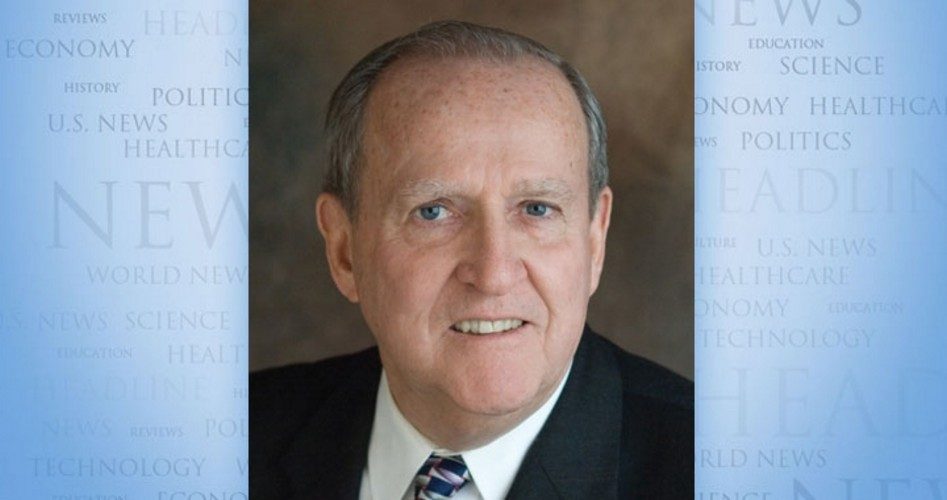
The U.S. Constitution requires a counting of persons in the nation every 10 years. The main purposes for conducting it are to 1) determine how many members of the House of Representatives each state will have, and 2) conclude how many votes each state will have when the Electoral College chooses a president every four years.
Counting persons and knowing where they reside also provides the federal government with data used to decide disbursements of federal dollars for roads and bridges, schools, and other purposes.
The next census will be held during the year 2020. In March 2018, Secretary of Commerce Wilbur Ross added an additional question to the 10 already on the form (name, address, number residing at the given address, etc.) that will be sent to people living in the United States. The new question is one that census takers previously asked as they knocked on doors in 1950. In recent years, the census has been taken via an inquiry sent to households that they should fill out and return to the Commerce Department.
The 11th question, which has not appeared on the form in recent years, asks simply: “Is this person a citizen of the United States?” Recipients of the census form will be expected to respond honestly to all of the questions, including the one about citizenship. But its addition as part of the census questionnaire has stirred up a hornet’s nest of controversy. Right now, 18 states and five immigrant rights organizations are in court as joint plaintiffs in a trial being held in New York City. The matter being questioned is Secretary Ross’s 11th question.The Constitution does not require citizenship for a person to be counted. It simply seeks to determine an “enumeration” of persons. And the 14th Amendment (adopted in 1868) calls for determining the “whole number of persons in each state” for the purpose of deciding how many House members shall be awarded each state. So, Commerce Secretary Ross’s addition is neither approved nor barred by the wording in the Constitution.
In 1950, asking about citizenship by a census-taker wasn’t a contentious issue. But it surely is today. The plaintiffs in the current trial will claim that Secretary Ross acted with discriminatory intent. They believe — and their claim is not unreasonable — that non-citizens who receive the census form will not return it out of fear that their honesty will result in immigration officials targeting them for deportation. They want their criminal act of entering our country illegally kept quiet. Promises by census officials that an honest answer won’t be shared with other government agencies will not be believed.
But the larger question is whether non-citizens should be counted in the first place. Without doubt, there exists a political faction within our country that surely wants them counted. Its partisans don’t say so openly but they want such residents of the nation awarded handouts, counted for House representation, given the opportunity to vote, and more. These are today’s Democrats who expect to gain more votes for their liberal agenda. They know that non-citizens would support Democratic causes.
But it certainly seems reasonable to find out how many illegal non-citizens are residing in the nation. It further seems reasonable to terminate federally mandated handouts for these border crossers. And denying illegal entrants the privilege of voting makes even greater sense. So our hope is that the 11th question remains on the census form.
Plaintiffs will, of course, claim that the intent of adding this question on the census form is discriminatory. They are correct. However, refusing to discriminate in many areas and about many topics is impossible. Even Democrats discriminate. However, doing so for just reasons — treating lawbreakers as criminals and barring non-citizens from voting — is prudent discrimination. If the 11th question remains on the census form, it will help the nation from committing a form of suicide.
John F. McManus is president emeritus of The John Birch Society.


